According to the latest decision of the Ho Chi Minh City People's Committee, from October 21, 2024, investors of new real estate projects and new housing construction projects in the city are not allowed to transfer land use rights in real estate projects with technical infrastructure and housing construction investment projects to organizations and individuals who build their own houses.
According to the latest decision of the Ho Chi Minh City People's Committee, from October 21, 2024, investors of new real estate projects and new housing construction projects in the city are not allowed to transfer land use rights in real estate projects with technical infrastructure and housing construction investment projects to organizations and individuals who build their own houses.
Thus, although the 2023 Real Estate Business Law only prohibits land subdivision projects in urban areas, with the above decision, Ho Chi Minh City has officially banned land subdivision projects in the city. However, the city also has regulations allowing households and individuals with land areas - if they meet the conditions - to still be able to divide the plots.
In fact, the 2003 Land Law completely banned the subdivision and sale of land in urban areas and urban planning development areas, but allowed the subdivision and sale of land in town areas and rural areas. In 2008, when the real estate market faced difficulties, this regulation was relaxed when the 2013 Land Law allowed the subdivision and sale of land right in the central area.
This helped to ease the difficulties of the real estate market in the period 2008 - 2013.
But the loose regulations also create opportunities for the subdivision and sale of land to spread from the outskirts of the city to neighboring provinces. From there, many spontaneous residential areas were formed, without drainage systems, without common spaces and without infrastructure connections to neighboring areas.
Illegal construction activities are also rampant here. The consequences are that urban development planning is disrupted, land resources are wasted, and real estate speculation increases.
According to the report of the Ho Chi Minh City Department of Construction, from June 2019 to June 2024, the city had 3,085 constructions violating construction order (an average of 1.7 cases/day). The main reason for the above situation was explained by this agency as the huge profits from buying and selling agricultural land and dividing plots for sale in the city. In that context, some speculators took advantage of people's housing needs, arbitrarily converting land use purposes and building houses on agricultural land for business or dividing a house into many small apartments. These subjects then carried out transactions in the form of private documents, causing construction activities in some suburban districts and outlying districts of Ho Chi Minh City to become complicated.
It is also necessary to add that the subdivision and sale of land also has positive aspects, but is exploited by some organizations and individuals for speculative purposes. Many individuals who do not have real housing needs have taken advantage of subdivision and sale of land to make a profit, leading to many areas of land being abandoned and wasted.
The tightening of subdivision and sale of land plots may reduce land transactions in the short term, and land prices may be pushed up, but it will prevent other negative consequences. The regulation prohibiting subdivision and sale of land plots in Ho Chi Minh City also aims to unify state management of housing and increase the responsibility of project investors, ensuring investment in synchronous construction of technical infrastructure with social infrastructure; avoiding the situation where people build without permission or without permission. The question is, can Ho Chi Minh City prevent speculators from using their own methods to circumvent the law when completely banning subdivision and sale of land plots? Why does Ho Chi Minh City ban subdivision and sale of land plots, but still consider allowing households and individuals to separate plots if they have land area that meets the conditions? It is very likely that subdivision and sale of land plots will be transformed from this policy of allowing subdivision.
In reality, there have been cases where individuals and organizations have taken advantage of the land division policy to divide the plots and then resell them. There have been many plots of land that have been divided, but they have been disguised as "projects" to attract buyers. Not to mention the situation where organizations and individuals arbitrarily build houses on agricultural and non-agricultural land, then buy and sell them, forming 3-shared housing areas (shared ownership , shared construction permits and shared house numbers). This is also one of the reasons leading to price inflation, land fever, and potential risks for the market in recent times.
Therefore, the task of the management agency is to promptly identify and harmoniously handle the above problem. Otherwise, the subdivision and sale of land will become more sophisticated or distorted in a negative direction and will inevitably have a negative impact on the development of the real estate market as well as urban planning in the future.
Source: https://baodautu.vn/batdongsan/chan-bien-tuong-phan-lo-ban-nen-d229239.html



![[Photo] Party and State leaders meet with representatives of all walks of life](https://vstatic.vietnam.vn/vietnam/resource/IMAGE/2025/8/24/66adc175d6ec402d90093f0a6764225b)
![[Photo] Phu Quoc: Propagating IUU prevention and control to the people](https://vstatic.vietnam.vn/vietnam/resource/IMAGE/2025/8/24/f32e51cca8bf4ebc9899accf59353d90)


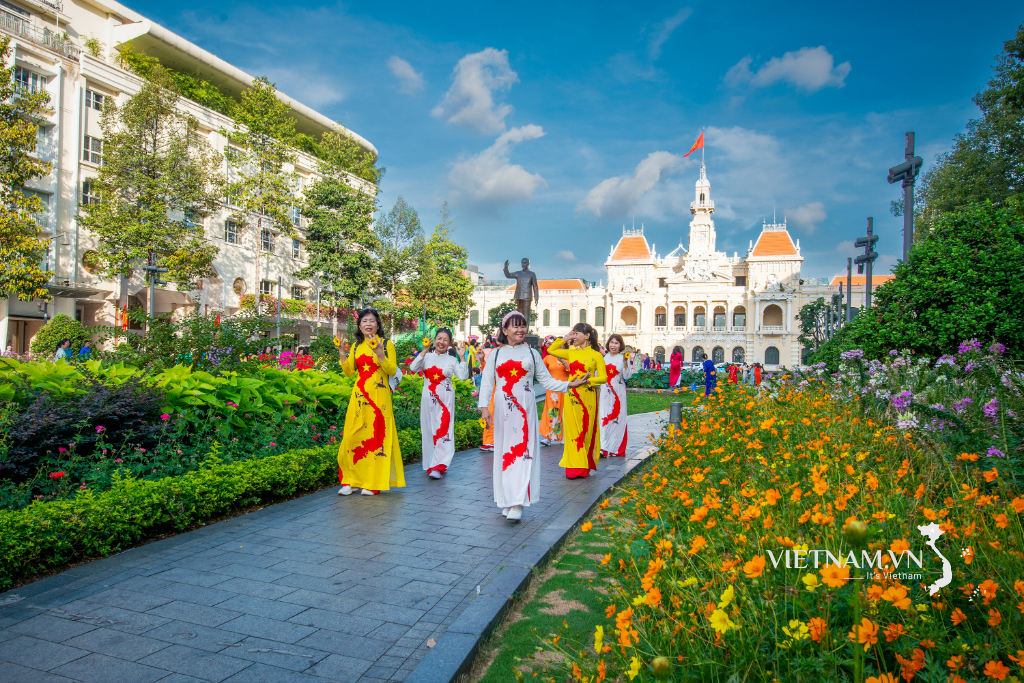

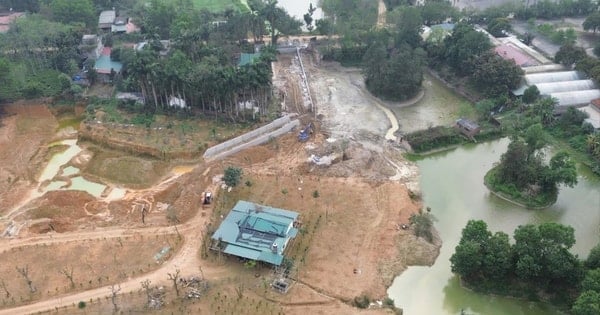

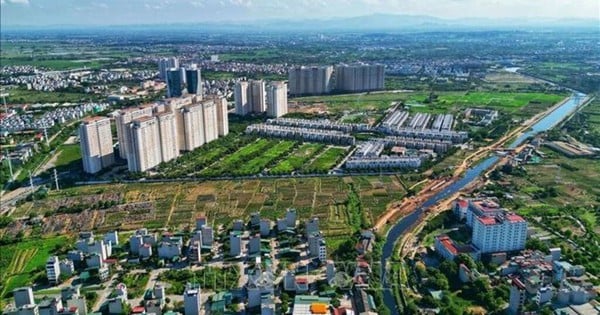

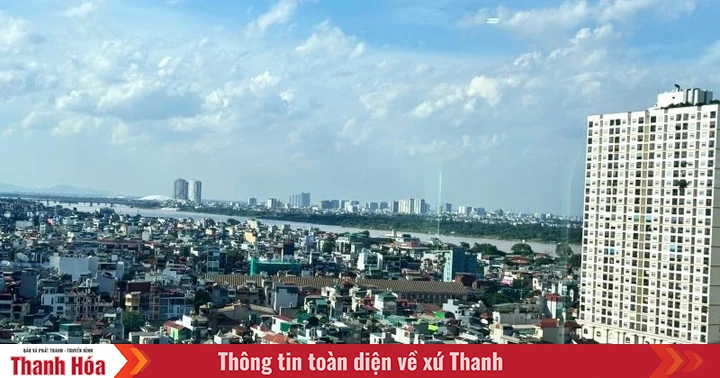

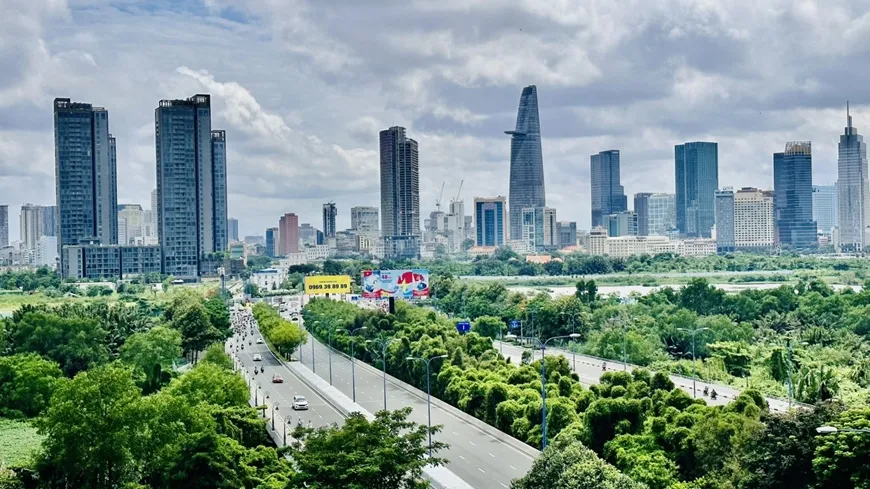

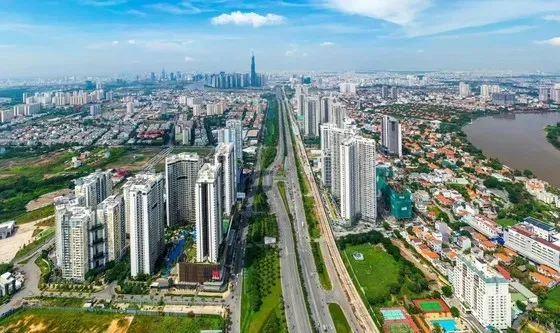


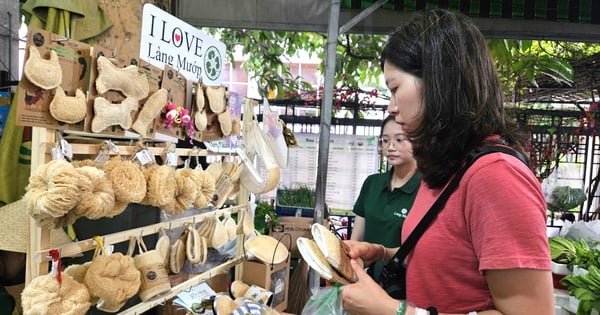

















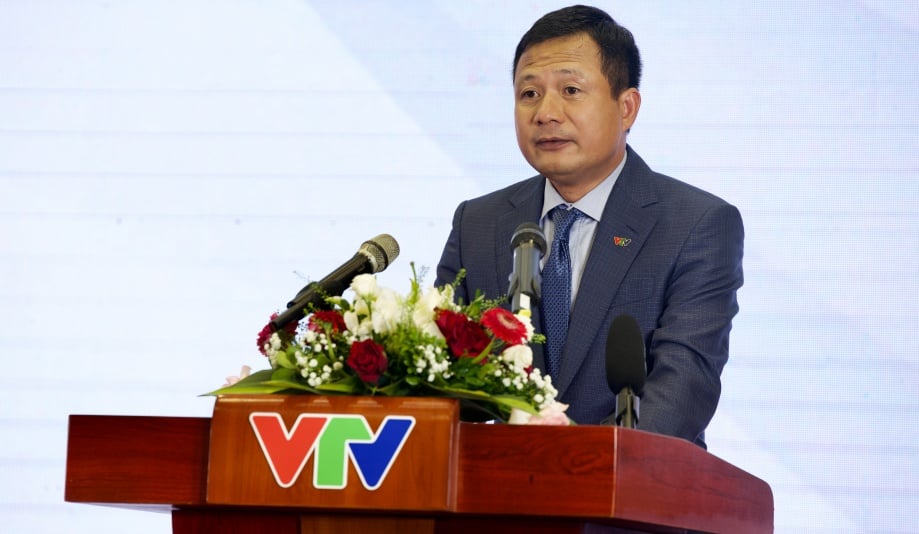


























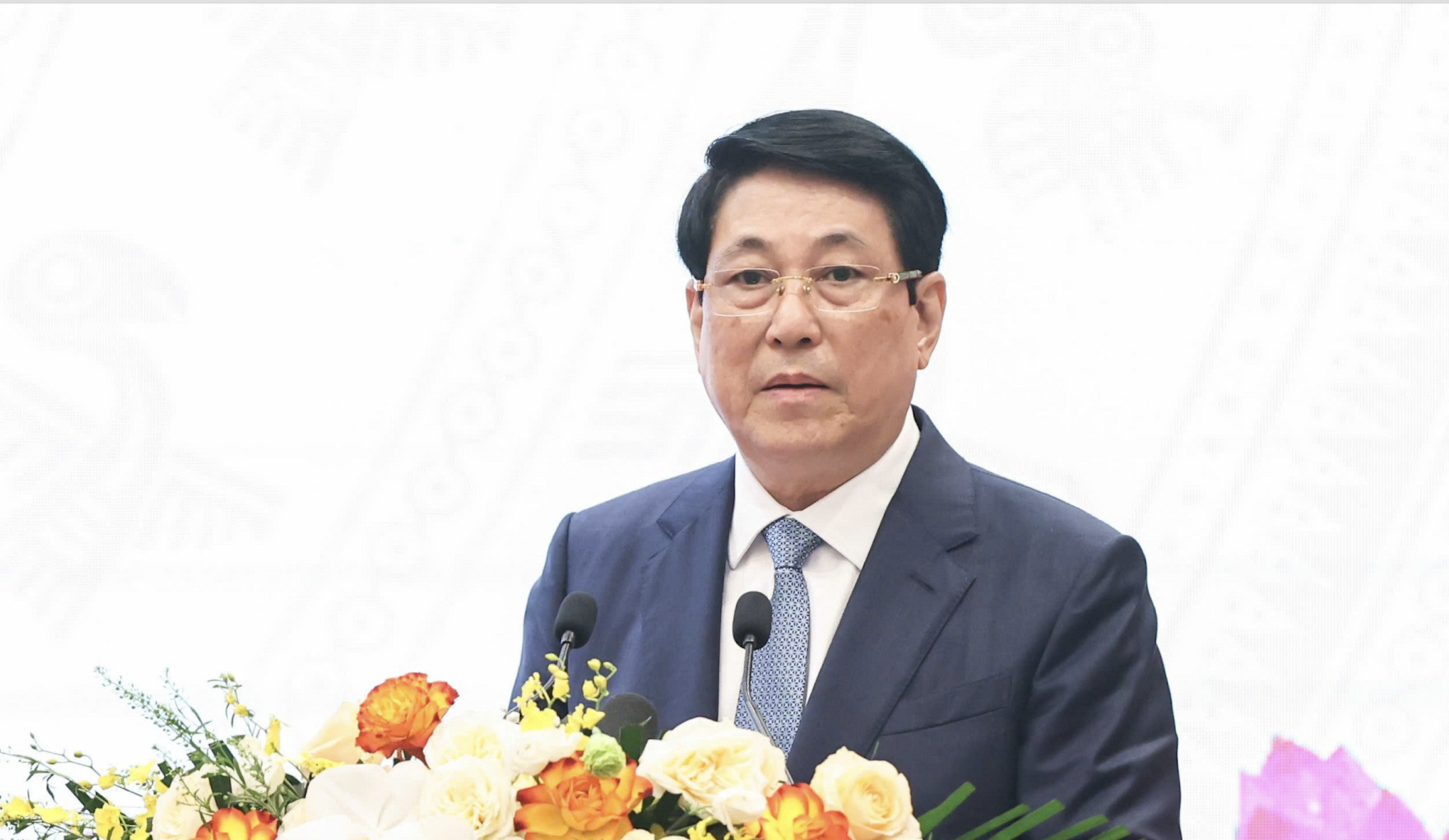

















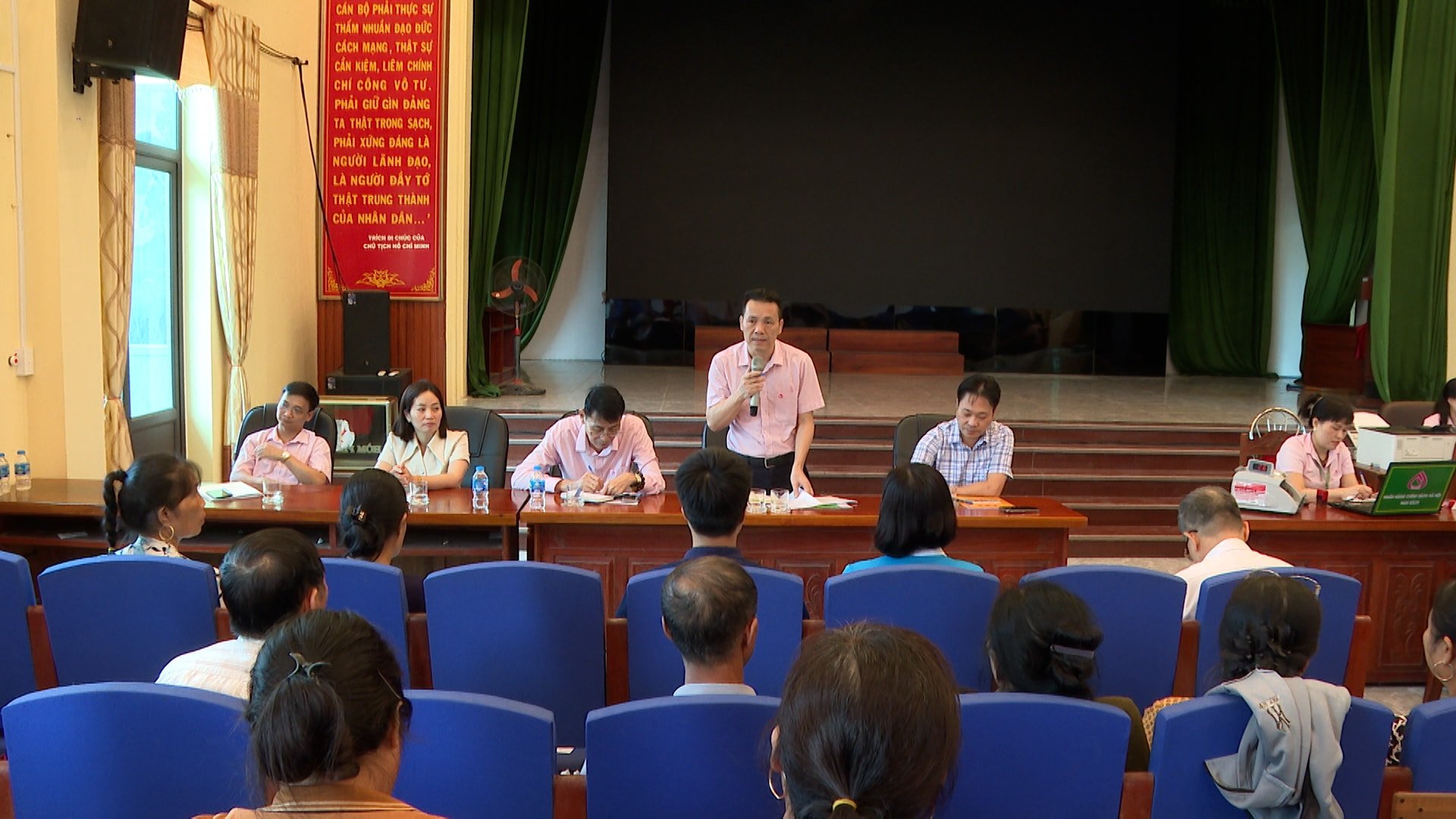



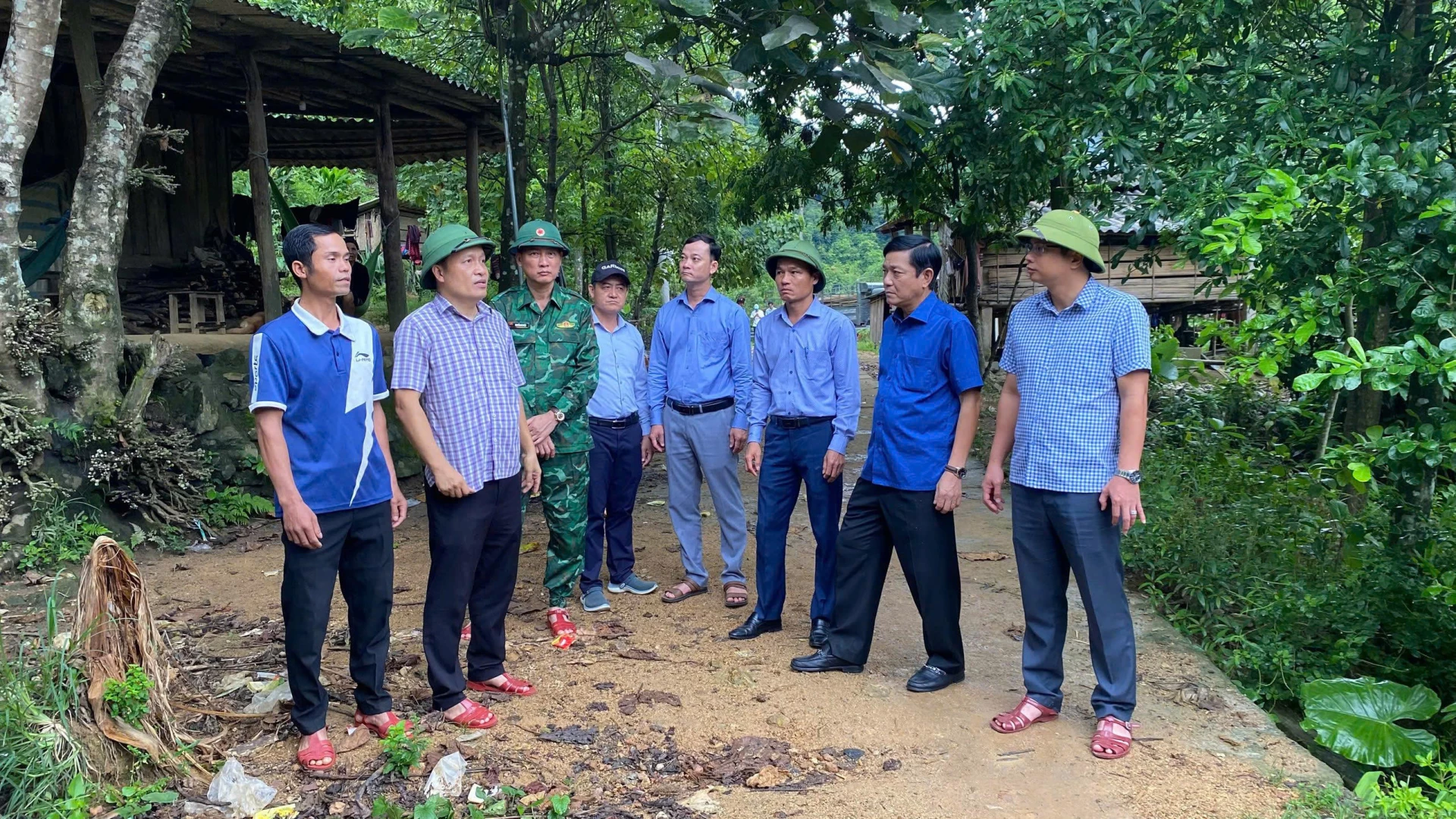




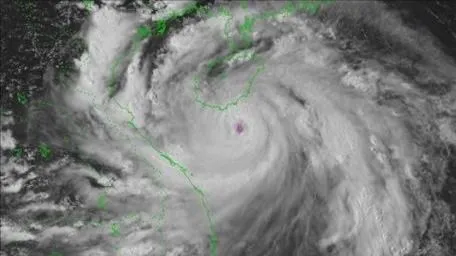













Comment (0)